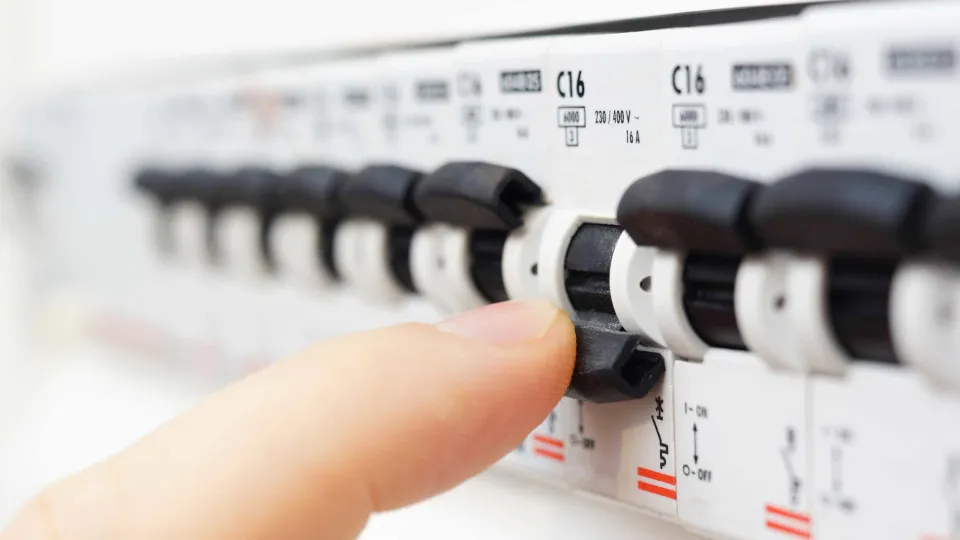“Although neonatal hearing screenings are widely implemented in Portugal, the prevalence of hearing impairments nearly doubles by preschool age,” stated the study coordinator, Margarida Serrano.
The study titled ‘Preschool Hearing Screening: Nineteen Years of the Coração Delta Project in Campo Maior, Portugal’ reviews 19 years of audiological screenings conducted by faculty and students from the School of Health Technology at the Polytechnic Institute of Coimbra (ESTeSC-IPC) in Campo Maior, under a protocol with the association Coração Delta.
Besides faculty member Margarida Serrano, the study also includes contributions from ESTeSC-IPC teacher Cláudia Reis and audiology undergraduates Joana Pereira, Joana Teixeira, João Mendes, and Mariana Pereira.
During this period, screenings were performed on 1,068 children aged five to six, with 310 (29 percent) showing some type of audiological issue.
The most frequently recorded occurrences were “abnormalities in the tympanogram, seen unilaterally [in one ear] in 104 children (9.7%) and bilaterally [in both ears] in 81 children (7.6%).”
According to the researcher, these abnormalities may manifest through hearing loss (which appears late) or a sensation of muffled and distant sound, caused by the presence of secretions in the middle ear.
“These dysfunctions are hardly detected by parents and teachers but can negatively impact academic learning. In the reading learning process, having clear hearing is essential,” she emphasized.
Margarida Serrano asserts that the early detection of these issues is critical for successful academic performance.
Since 2007, ESTeSC-IPC has collaborated annually with the association Coração Delta, conducting audiological screenings for all children entering the first year of school in the Campo Maior municipality.
The protocol includes three assessments: otoscopy (to check for earwax), tympanogram (to evaluate the eardrum and middle ear), and hearing test, with any child showing deviations being immediately examined by an otolaryngologist on site.
“About 91% of the children examined by the otolaryngologist at the screening location were referred for a formal hospital evaluation, as pathologies or health needs requiring medical intervention were confirmed,” she noted.
The teacher stated that these data underscore the importance of conducting audiological screenings in close proximity care.
“A recently published study in The Lancet demonstrates that low literacy is the primary risk factor for cognitive decline in young age. The audiologist’s role is crucial in identifying potential audiological problems that compromise learning at the entry into primary education and, consequently, cognitive capacity in the future,” she argued.
Published in the journal Audiology Research, the study “Preschool Hearing Screening: Nineteen Years of the Coração Delta Project in Campo Maior” also involved collaboration from otolaryngology physicians Luísa Monteiro and Conceição Monteiro from Hospital Lusíadas- Lisboa.




